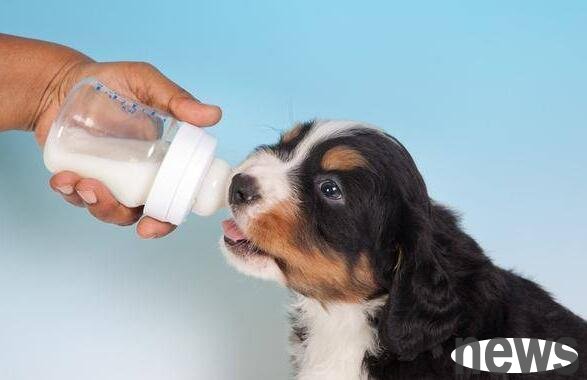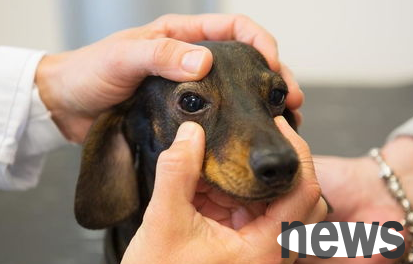What are the basic nutrients that dogs need?
Water is one of the nutrients of dogs. The body of an adult dog contains about 60% water, and the proportion of puppies is even higher. All physiological activities and metabolism of various substances in the dog's body must be participated in by water to proceed smoothly.

When the water in the dog decreases by 8%, severe thirst will occur, decreased appetite, slow digestion, and reduced resistance to infectious diseases due to dry mucosa. Long-term insufficient water consumption will lead to blood viscosity and circulatory disorders. When 20% of the weight is consumed due to water discharging, death may occur.

Protein is the basis of dog life activities and is the substance with the largest content in the body except water, accounting for about half of the dry weight of the dog. Various tissues and organs in dogs' bodies, various enzymes involved in substance metabolism, and antibodies that help the body avoid illness are all composed of proteins. In addition, protein is also needed when repairing trauma and replacing aging and damaged cell tissue. Therefore, protein is the most important nutrient for dogs. The basic substances that make up proteins are amino acids, with about 20 kinds. Insufficient supply of protein or certain essential amino acids will cause the dog's protein metabolism to become negatively balanced, causing decreased appetite, slow growth, weight loss, and reduced protein content in the blood. The formation of antibodies will be affected, resulting in reduced immunity. Male dogs have decreased semen quality and sperm count. Female dogs have abnormal estrus and do not conceive. Even if they are conceived, the fetus often suffers from stillbirth or teratogenic births due to dysplasia.
However, excessive feeding of protein not only causes waste, but also causes metabolic disorders in the body, causing dysfunction of the heart, liver, digestive tract, and central nervous system, and sexual function decline, and acidosis occurs in severe cases.
Usually, adult dogs need about 48 grams of protein per kilogram of body weight per day, while puppies during growth and development require about 9.6 grams.




